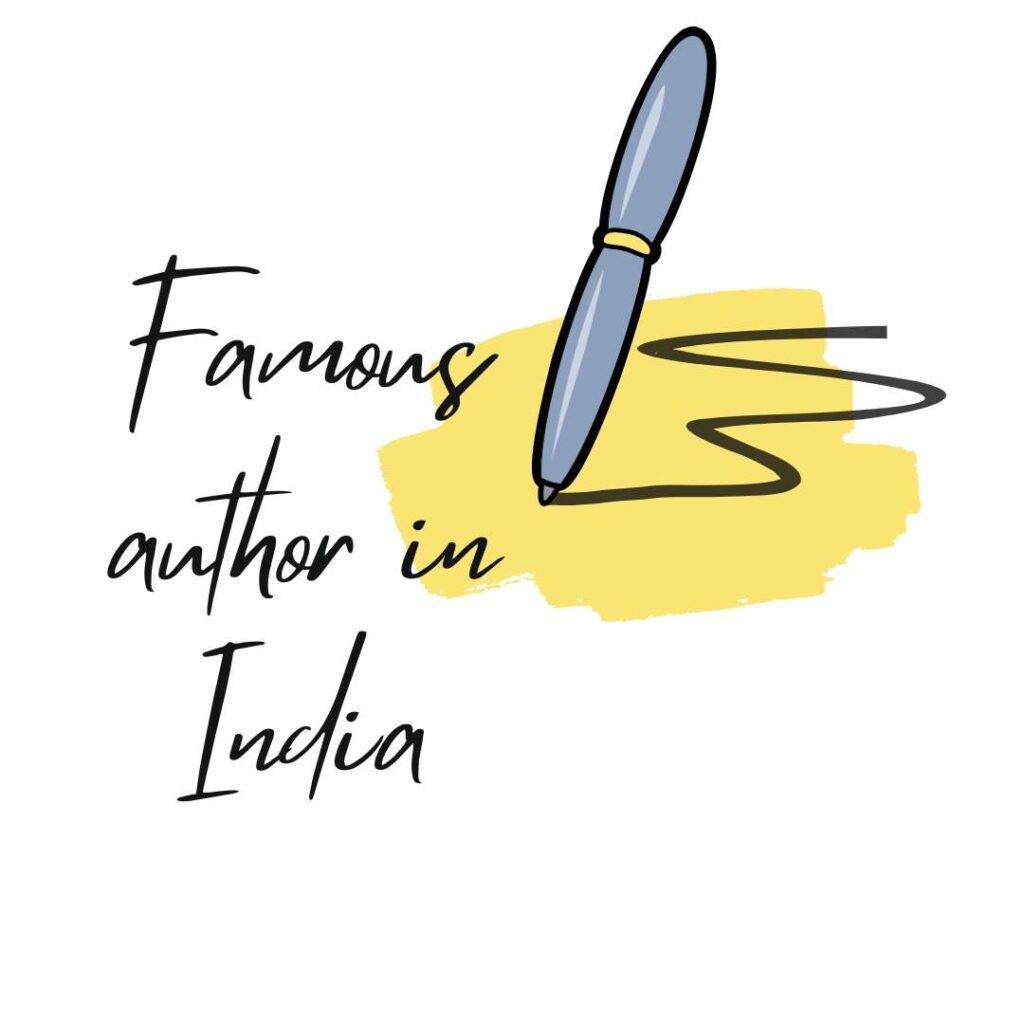Famous author in india
India, home to unique cultural experiences and rich folklore, offers a literary scene as diverse as it’s topography. Over the years, the rise of famous authors in India has drawn attention to this abundant literary world, revealing a universe of narratives waiting to be explored.

Table of Contents
The Historical Context of Indian Literature
Digging into the roots of Indian literature history, one would find that it holds the testimony of India’s vast cultural narrative. Literature in India dates back to the Vedic period, metamorphosing over centuries into what it is today. The literary evolution in India has gone through various stages:
- Ancient Indian literature with scriptures and philosophical thoughts.
- Medieval Indian Literature shaped by Bhakti and Sufi movements.
- Modern Indian literature impacted by the colonial period, leading to a synthesis of Eastern and Western literary traditions.
The Pioneers of Modern Indian Literature
The modern period of Indian literature was graced by brilliant authors who paved the way for others. Among such luminaries were R.K Narayan and Rabindranath Tagore, often considered the pioneers of Indian literature.
- R.K. Narayan: Known for his simple and unpretentious writing style, Narayan brought South Indian culture to his audience through his “Malgudi” series.
- Rabindranath Tagore: Nobel laureate and a polymath, Tagore introduced new prose and verse forms into Bengali literature while questioning traditional norms.
Ten Famous Authors in India and their Significant Works
The present-day literature scene in India is marked by an array of inspiring authors. Some notable famous authors in India include:
- Vikram Seth: Known for his novel “A Suitable Boy,” Seth crafts intricate narratives with deft storytelling abilities.
- Amitav Ghosh: A contemporary author, Ghosh interweaves history and socio-political themes in his works brilliantly.
- Kiran Desai: Winner of the Man Booker Prize for ‘The Inheritance of Loss’, Desai beautifully explores the themes of globalization, conflict, and identity.
The Influence of Indian Culture and Traditions in their works
India’s rich culture and traditions emerge as strong undercurrents in the works of these authors. It’s not just about telling a story, but also subtly exposing readers to a multitude of experiences and emotions rooted in the Indian culture and traditions. Whether it’s the vivid vibrancy of an Indian festival, the compelling intricacy of interpersonal relationships, or the stark portrayal of societal norms, these elements bring an added depth to their fictional works, making them both familiar and uncharted territories to explore.# Deconstructing the Success of Famous Authors in India_
The world of literature has witnessed a paradigm shift over the years. The Indian subcontinent, rich in its cultural and traditional heritage, has fostered innumerable eminent authors who have made significant contributions to global literature. This article dissects the success of these extraordinary talents and discusses what sets them apart.
The Role of Contemporary Issues in Their Work
Indian authors thrive on the reality of life and social occurrences. Their books are not just stories but are often reflective of the larger socio-political scenarios. This approach makes their work relatable and intriguing.
- Many eminent Indian novelists like Amitav Ghosh, Arundhati Roy, and Jhumpa Lahiri weave contemporary issues into their narratives, making their work thought-provoking and engaged with worldly matters.
- A vast majority of these authors’ works provide an exploration of gender dynamics, caste concerns, political debates, and immigrant experiences. They convey strong messages that make their readers ponder the complexities of Indian society.
Their Penchant for Experimenting with Literary Styles
Literary experimentation and the incorporation of unconventional narrative techniques distinguish these authors. They have revolutionized Indian English literature with their innovative methods.
- For example, Arundhati Roy’s “The God of Small Things” exhibits a non-linear plot structure and abundant flashback sequences.
- Amitav Ghosh often amalgamates historical facts with fiction in his writings.
- Contemporary authors such as Kiran Desai, and Jhumpa Lahiri, have brought narrative techniques like magical realism, postmodern narrative styles, and fragmented storytelling to fore.
The Global Recognition and Impact of their Work
These authors have earned recognition and accolades on a global platform, deepening the footprint of Indian English literature around the world.
- Renowned authors like Salman Rushdie, Arundhati Roy, and Kiran Desai have been bestowed with prestigious awards such as the Booker Prize.
- Jhumpa Lahiri was awarded the Pulitzer Prize for Fiction.
- Their books have been translated into several languages and continue to influence a worldwide audience, significantly increasing their global impact.
FAQs:
Who are some famous authors in India?
India is home to many renowned authors such as R.K. Narayan, Rabindranath Tagore, Vikram Seth, Amitav Ghosh, Kiran Desai, Arundhati Roy, Salman Rushdie, and others who have contributed significantly to Indian and global literature.
What are some significant works by famous authors in India?
Some significant works include ‘The God of Small Things’ by Arundhati Roy, ‘A Suitable Boy’ by Vikram Seth, ‘The Hungry Tide’ by Amitav Ghosh, ‘The White Tiger’ by Aravind Adiga, and ‘Midnight’s Children’ by Salman Rushdie.
Have any Indian authors won international accolades?
Yes, several Indian authors like Arundhati Roy, Salman Rushdie, and Kiran Desai have won prestigious accolades like the Man Booker Prize. Rabindranath Tagore has also won the Nobel Prize in Literature.
How do Indian authors incorporate Indian culture and traditions in their works?
Indian authors vividly depict Indian culture and traditions in their works by setting their stories in Indian society, using local dialects, showcasing Indian festivals and values, and discussing prevalent social issues.
Conclusion:
Indian literature, with its rich and varied tapestry, has always been a cornerstone of global literature. It continues to evolve, influenced by both the local and global literary scene. The legacy created by famous authors in India is significant and sets high expectations for the future generations. It is their creativity, courage to experiment, and their incision to blend traditional and modern themes in their work that has made Indian authors globally recognized. Indian literature is not only about the past, it’s about the present, and it’s certainly about the future. As a dynamic, ever-evolving entity, it will continue to provide us a mirror to our society, encourage dialogue, and touch our lives in profound ways. We look forward to what the tapestry of Indian literature will look like in the coming years.
Discover marketing services, interviews & publishing tools at SharingStories.


